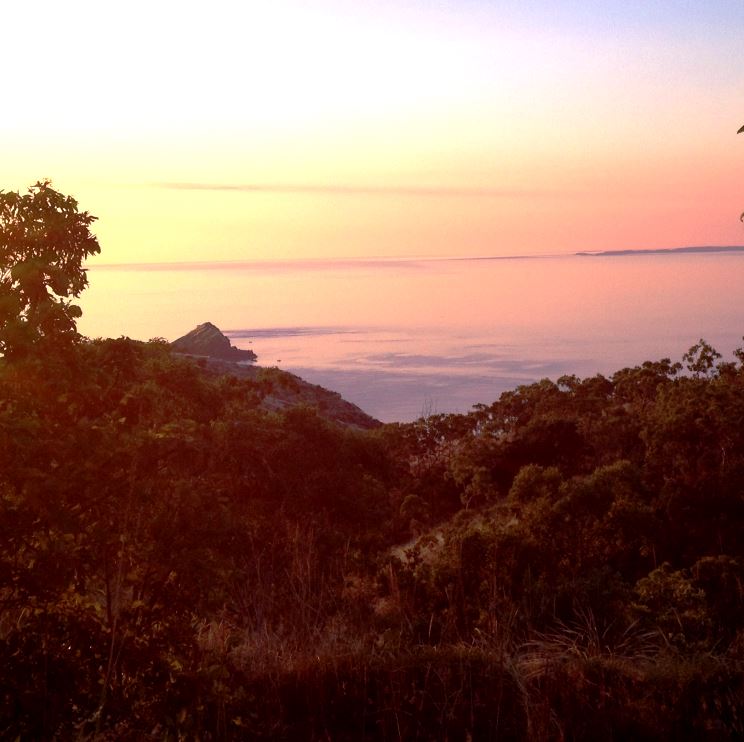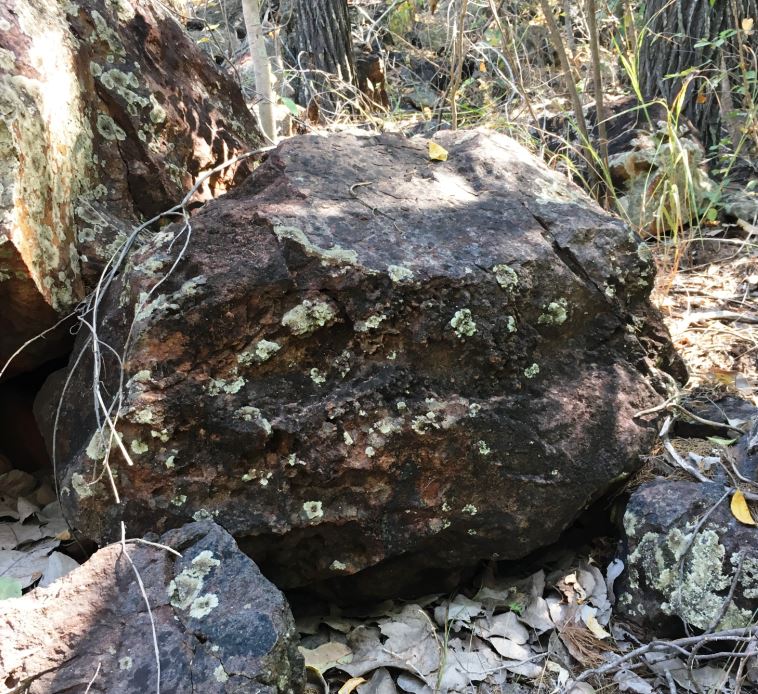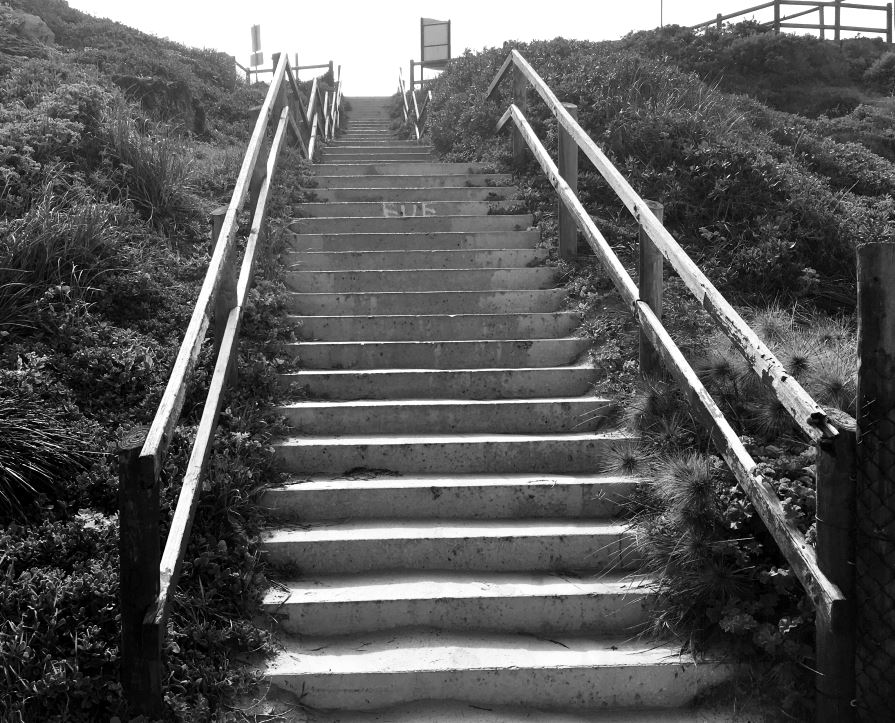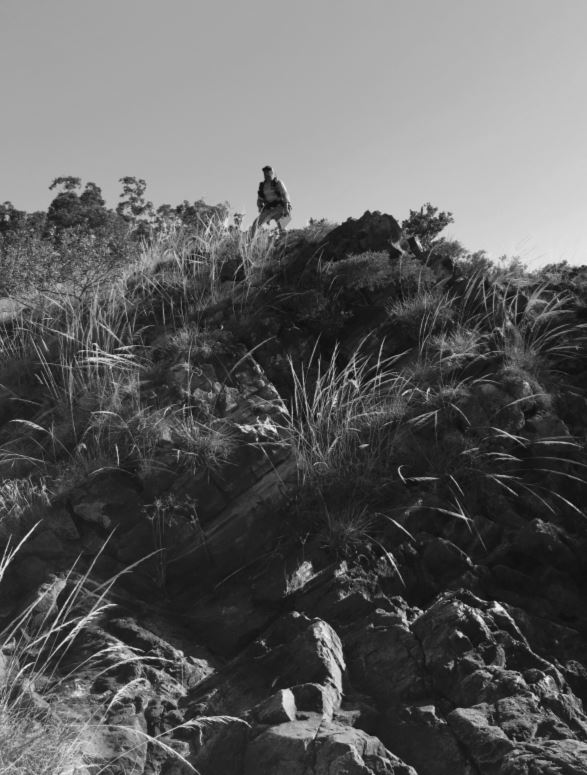“Do or do not, there is no try” – Yoda
Self Discipline is often the one single element that determines success in life. The act of self control is the ability to move in a direction despite internal resistance. Self discipline provides the momentum and drive to keep going and to follow through in the promises that we make to ourselves and others. When others are not looking or directing us to do something it is self discipline that we draw on. We may not want to get out of bed in the morning to shiver in the cold, the thought of working when we could be resting might not appeal yet we do it. The only thing preventing us from making the wrong or most preferred decisions and taking the easy option is Self Discipline.
“With self discipline almost anything is possible” – Theodore Roosevelt
Hard Benefits
The benefits of self discipline extend in to all aspects of our lives and lead to success in virtually every endeavor. Self disciplined individuals are more focused on their task. They are committed to achieving desired outcomes and will stick with a task to the end. Being driven they will often lead from the front. Self disciplined people are less impulsive and more in tune with their emotions, they are less likely to lose their temper or panic. Being motivated and mission orientated means more efficiency and productivity; time wastage is reduced. The self disciplined often seem to have more free time and are less stressed and more in control of their lives than those that are ill disciplined. Besides being successful, those with self discipline are also happier.
Self Discipline is the ability to conquer one’s self and to hold that fort indefinitely. It is about owning ourselves and taking charge of our thoughts, words and actions.
“In reading the lives of great me, I found that the first victory they won was over themselves…self discipline with all of them came first” – Harry S Truman
Taught not enforced
Self Discipline is a key Jedi Trait. Without it a prospective Jedi would be unable to complete the rigorous training and character formation required to be a Jedi Knight. Luke Skywalker lacked self discipline when he first met Obi-wan Kenobi on Tatoouine. He was impatient and impulsive and highly idealistic.
By the time Luke met Yoda on Dagobah he was no longer a young and inexperienced farm-hand but he still required training in self discipline. Luke had been through some adventures and had lived through some close calls. Among other things Luke had destroyed the Death Star during the Battle of Yavin. Quickly ascending the ranks of the Rebel alliance Skywalker continued to see action including a decisive battle on the frozen planet of Hoth. Despite his military rank and war experience, Luke still lacked self discipline until Yoda began to train him on Dagobah.
Although some people have inherent self control, self discipline is generally inspired and taught by others. We see the benefits through positive example and with guidance from good mentors we learn the art and skill of self discipline. A Karate instructor for example will teach his students self discipline through constant positive reinforcement, mentoring and instruction. The students observe the instructor and through example and encouragement begin to apply the skill in their training. With time and practice the skill translates in to other areas of life such as study, work and relationships.
“I think self discipline is something, it’s like a muscle. The more you exercise it, the stronger it gets” – Daniel Goldstein
“Disciplined”
When I was young I was impatient and ill disciplined. I also had beliefs and opinions on things I largely knew little about. Schooling was disciplined. Corporal punishment was still used then and I was no stranger to the cane. My father also had very strict rules and did not hesitate to enforce them with a heavy hand. In the Army the practice of “hazing”, “blanket bashing” and physical punishments from NCO’s including beatings was still common practice. The culture still a few years from being pushed in to the shadows. As in school I continued to learn lessons the “hard” way and after a while became numb to the abuse.
In order to function I turned to booze. Alcohol became a readily available means of blocking out the world; I could care less when I was drunk. My mind would no longer torment me and I neither could the world. This was not an environment for self discipline. I was bent till I snapped.
Tenacity
Despite being served up plenty of discipline I was never taught self discipline. Many years later I came to realize that even as a mature adult I was completely devoid of self discipline, it had never been instilled in me. Not by teachers, parents or my superiors in the military. Yes, I could get out of bed in the morning and go to work, even inebriated from the night before, but that was fear in action, not self discipline. I could take order begrudgingly but that was because I had to, not because I wanted to. Making my bed every day and having a “clean cut” appearance despite hangovers was not self discipline it was habit.
Being able to have the self control to drink in moderation and go to bed early enough to wake up in a condition “fit for work” is “self discipline”. I failed there many times and eventually ran out of chances with frustrated and exasperated employers who had given me many chances. Allocating time and setting priorities to ensure assignments were submitted on time and being fully prepared for exams at University is self discipline. Procrastinating until the last minute and then cursing my stupidity through the fog and misery of a hangover was not. By some miracle I was able to complete my studies and earn a degree. Tenacity is also trait common in Alcoholics.
“Self disciplined begins with the mastery of your thoughts. If you don’t control what you think, you can control what you do. Simply, self discipline enables you to think first and act afterwards” – Napoleon Hill
Will Power
Trying to get sober on will power alone taught me an important lesson; self discipline is not enough especially when you don’t have any. Where alcohol is concerned, the moral and intellectual will power that is required for self discipline is often missing. Alcohol tends to short fuse that part of our brain. Every good intent is thrown out of the window for no rational reason. It just does, we cannot explain it. We can have the most important day of our life planned and prepared for and then someone hands us a drink and we fail to show up.
On the night before my wedding, my best man was wise enough to cut my supply of booze and insist I get to bed early. I never realized it at the time but he knew that he would have had hell to pay if I’d missed the ceremony or arrived red eyed and stinking. Compliance was granted because I could follow orders easily when they made sense, I was lousy at regulating myself if left alone without someone telling me what to do.
It was not my fault, I just didn’t know. People would say “you were a professional soldier, didn’t they teach you discipline?” If that meant blind obedience to orders, then yes; the Army wants people who unquestioningly follow orders especially when instinct is screaming no. For a start, pointing a rifle at another human and firing “center of body mass” is not a natural thing for most people. Self discipline is different and based on what we want to do, not what we are forced or compelled to do due to fear or blind obedience. One cannot have self discipline forced on or beaten in to them. Even the indoctrinated can eventually see through falsehoods.
Being self disciplined is being able to self regulate. No one need look over our shoulder or check what we are doing. The assumption is that a person with self discipline and integrity can be left alone to do their task or fulfill a promise. With recovery we start to learn the benefits of self discipline. Like any skill it takes time and practice to become second nature. Once we develop self discipline we find we are able to do things that previously we were unable or unwilling to do without being pushed or forced to do. The mental barriers that prevent us from our goals start to fall down as we apply ourselves and follow through with our commitments. Self discipline becomes the engine for positive and continuous change in our lives. Self discipline then equals success.
“Whether you call it Buddhism of another religion, self discipline, that’s important. Self discipline with awareness of consequences” – Dalai Lama
Try it
Challenge yourself to being more self disciplined. Even for a few days try one or some of the following if it is not already part of your routine. See if you can make it a habit. These are daily activities that I started and stuck with applying the Jedi principle of Self Discipline:
- Exercise daily: Do 30 minutes or more of exercise within your physical limitations. This might be a brisk walk, a jog, a fast paced run or a strength or endurance based activity in the gym or at the park. You decide, the key is to get moving especially when you don’t feel like it. Just Do it.
- Meditate: Sit for 15 minutes or more. Focus on the breath. If your mind wanders to stray thoughts or you are distracted gently return to the breath and continue. There are free meditation apps and podcasts as well as guided meditations on Youtube* to assist. It take self control to sit for more than 5 minutes without being distracted by the “monkey mind”.
- Fast: Cut one temptation from your life for a period of a week. It may be junk food, soda, alcohol or tobacco or another food item you have been wanting to cut back on. A week long sugar fast may be one that will challenge you. Try extending it longer. Intermittent fasting also takes self discipline however before you start fasting a day or two a week or change your diet speak to a health professional and listen to your body. Health and Safety first.
- Shut it Down: Social Media (Face Book, Twitter, Instagram) is distracting and can be a huge time waster as well as introduce toxic energy in to your day. The news media is another source of negativity that demands our attention and emotional response. I find taking time out from Face Book and switching off the news when it comes on spares me potential anxiety or anger. Leave the TV switched off and leave your cell phone on silent for a day. The world can function without us being tuned in 24 hours. You won’t miss much if you media-fast for a week.
- Don’t Wait: Have you been putting off a health kick for a while waiting for the right time? Are you thinking about starting martial arts but have been making excuses and keep passing up the “try before you buy: three free lessons” offer at the local Krav Maga class or Karate Dojo? You bought a guitar but don’t seem to ever be in the mood to pick it up and start learning? Well, just start, stop procrastinating and do it. These things will not happen by themselves, you have to decide and act accordingly.
“Do or Do Not, There is no Try”
Yoda reminded Luke Skywalker that it was entirely up to him whether he chose to succeed or fail as a Jedi. Luke had been taught much by the Jedi Master and was shown the path that he needed to take to fulfill his destiny. It was now all up to Luke what to decide and how to act. Self discipline was going to be the virtue that took him there.
What will you do?
“No person is free who is not master of themselves.” – Epictetus










